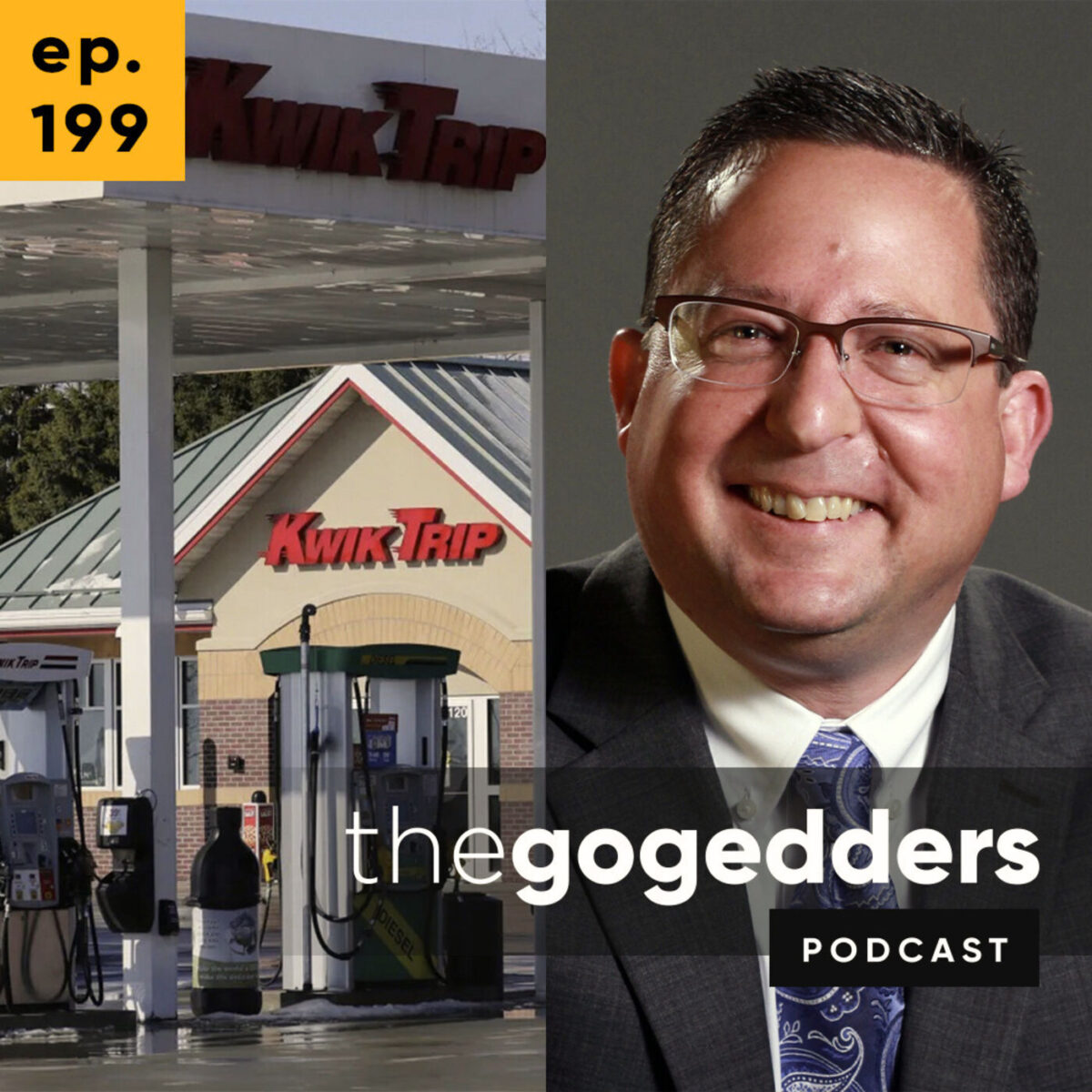Today on the podcast, we sit down with John McHugh, the Director of Corporate Communications at Kwik Trip, to answer the question that those who have never been to a Kwik Trip may be wondering: How did a gas station develop such a cult following??
Obviously, for those of us that have experienced the luxury experience that is Kwik Trip, this seems like a silly question. Of course, we all know Kwik Trip is perfect in every way but let's dive deeper into those attributes.
John discusses Kwik Trip's culture and the significance put on it both internally and externally. Kwik Trip is all about creating satisfied employees who feel they're a part of something bigger and customers who feel the Kwik Trip experience is unmatched. This loyalty is what has led to such immense success–so much so that many have been spurred to take graduation, prom, and even wedding photos at their gas stations.
So tune in and learn a thing or two about developing a memorable brand image from the experts.
And with that, we'll see ya next time!


